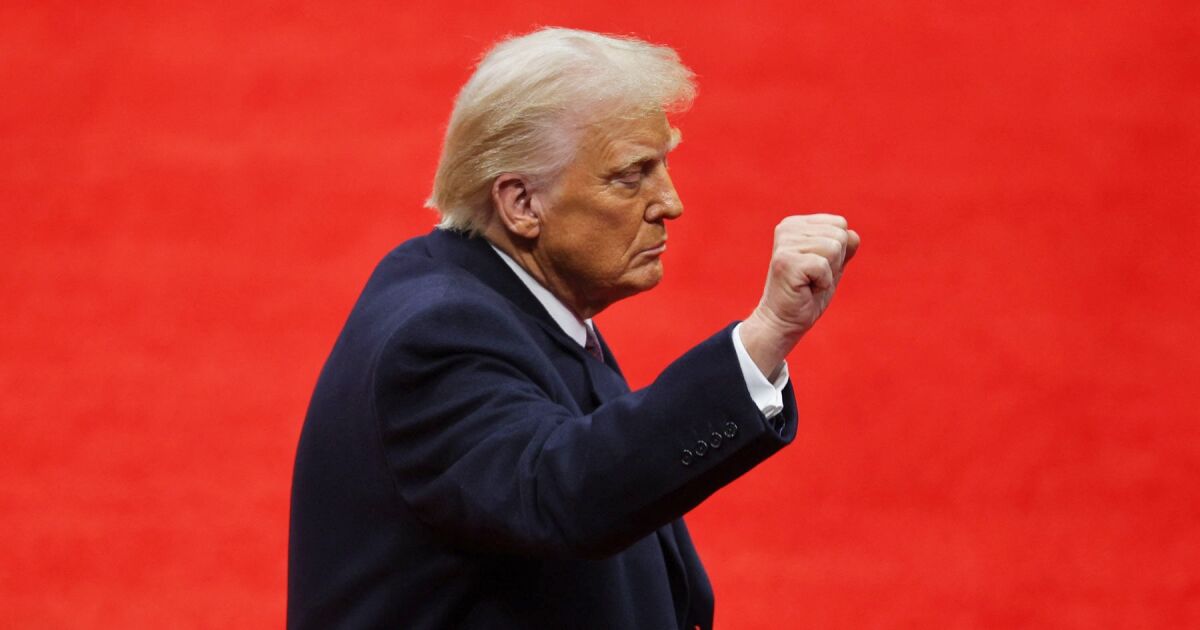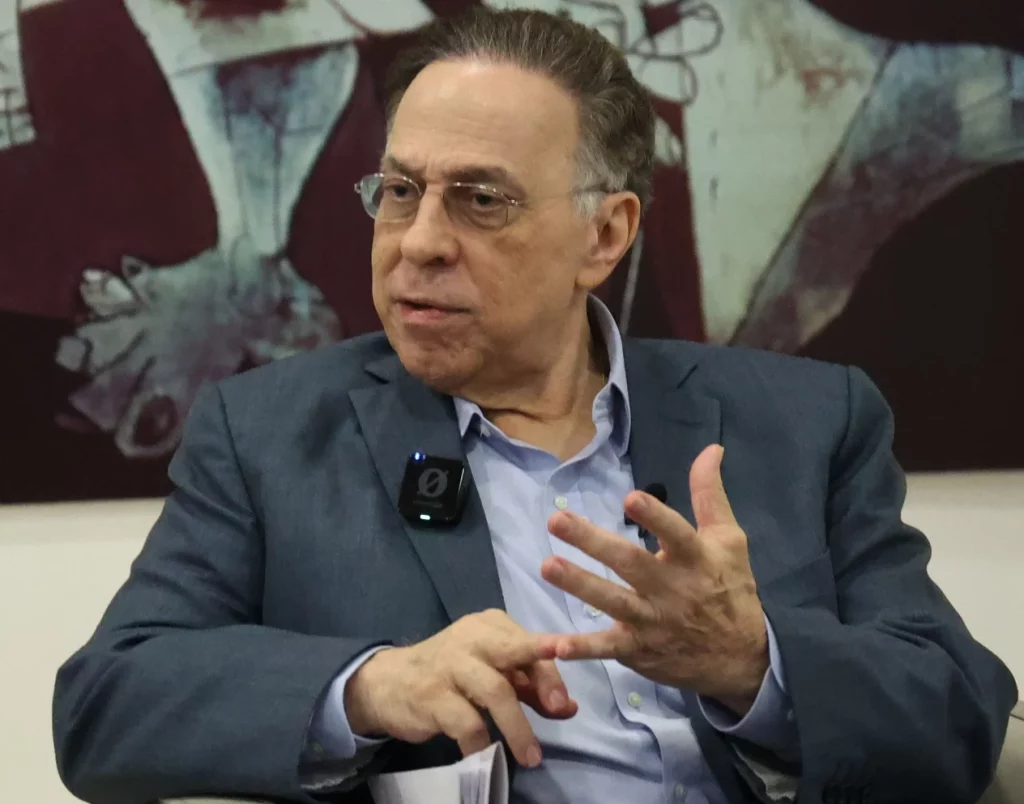On his first day in office, the president of the United States signed an executive order to designate cartels as foreign terrorist organizations under the declaration of a national emergency in accordance with the International Emergency Economic Powers Act (IEEPA) and the Immigration and Nationality Act (INA), and the objective of addressing threats from cartels and end the presence of these United States organizations.
The process begins with this document, beginning January 20, and the Secretary of State, in consultation with the Secretary of the Treasury, Attorney General, Secretary of Homeland Security and the Director of National Intelligence, will take steps to make a recommendation with regarding the designation of any cartel, the document states.
If these actors give a favorable opinion, “Congress must be notified, which has seven days to eventually deny approval; if Congress does not make a decision, approval is given and a notice is published in a North American federal registry on terrorist organizations, then comes to light, the effective designation,” explained Sandro García-Rojas Castillo, founding partner of Lex Quo Group and international consultant.
This will have important implications, especially for the financial system, “not just for the banks, because most likely the banks in the United States are going to strengthen their controls, because they provide correspondent banking services, if you do not have the banking service. With a correspondent bank in Mexico, it is difficult for you to make an international transfer. The banks that provide this correspondent account (to other banks) must be very careful that those banks (the Mexican ones) comply with the standards that they themselves ask for, so you cannot relax your controls,” García-Rojas added.
What is worrying among the financial sector is that in Mexico it is more accustomed to the provisions on money laundering, focused on the destination of the money, but not to those focused on financing terrorism, which address the origin of the money.
“The difference sounds subtle, but very different control measures are needed in financial institutions to identify one from the other. In money laundering there are large fines, but with financing of terrorism there is a financial fine, also freezing of assets, and even possible imprisonment for a long period, so if foreign banks do not feel comfortable with the operation of Mexican banks, they simply will not go. to operate with Mexican banks,” commented Víctor Manuel Herrera, president of Economic Studies of the Mexican Institute of Finance Executives (IMEF).
The above would also represent a risk for international trade companies that operate in Mexico, since they would be limited to carrying out operations for their payments to suppliers and clients, in addition to discouraging new investment in Mexican territory, since President Trump also withdrew United States of the OECD international agreement that seeks minimum taxes of 15% on the profits of multinationals after the objective that the effective rate that applies in the US is lower than this percentage, considered Gloria Rocío Estrada Antón, president of the Technical Commission on Foreign Trade of the College of Public Accountants of Mexico (CCPM).















